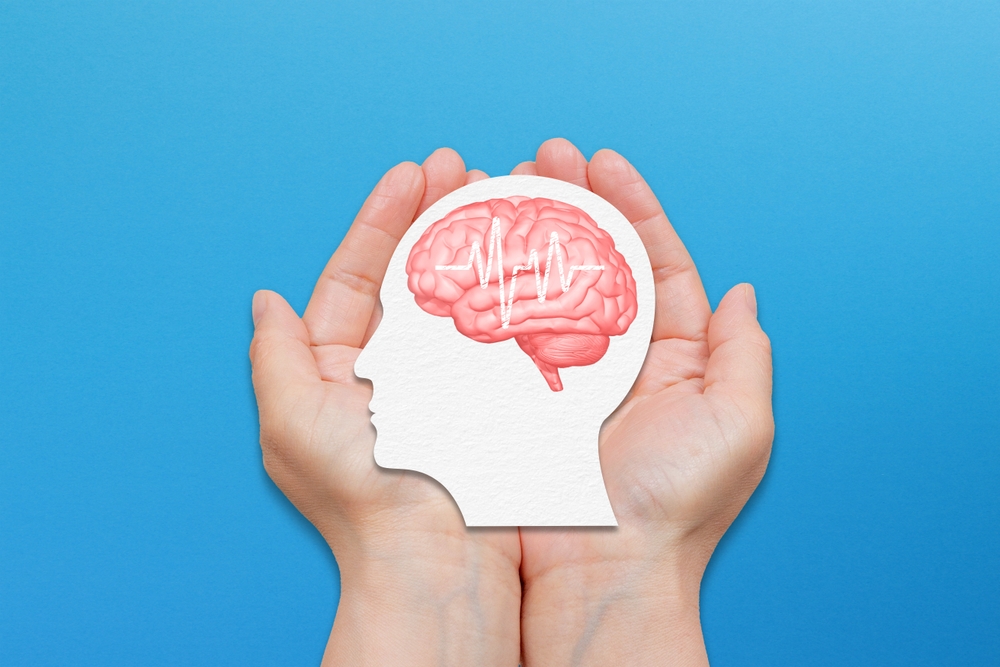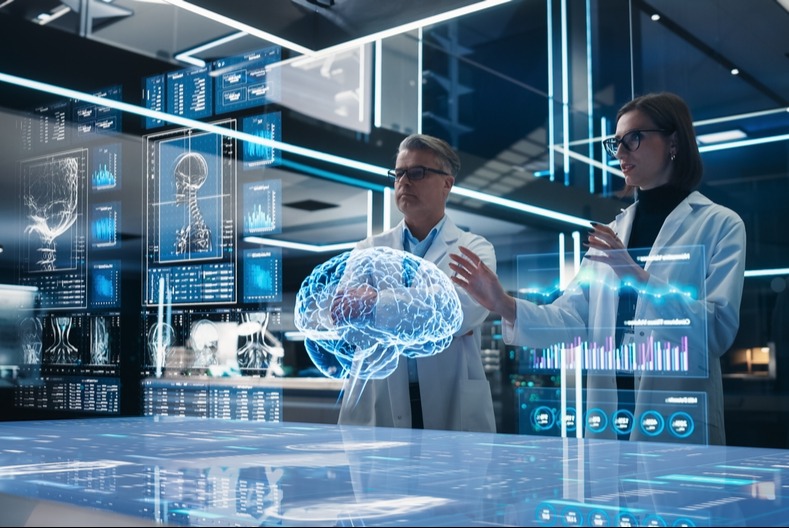Memory is one of the most fascinating and essential functions of the human brain. It shapes our identities, informs our decisions, and enables us to learn from past experiences. However, memory is not infallible. We often struggle to recall information accurately or retain new knowledge effectively. Understanding the science behind memory and employing proven techniques can significantly enhance our ability to remember and retain information. This blog explores the mechanisms of memory and provides practical strategies to improve recall and retention.
Understanding Memory: How It Works
Memory can generally be categorized into three stages: encoding, storage, and retrieval.
1. Encoding:
This process involves transforming sensory input into a format that can be stored in the brain. Encoding can be visual (images), acoustic (sounds), or semantic (meanings). Effective encoding is crucial for forming lasting memories.

2. Storage:
Once encoded, information is stored in the brain. This storage can be short-term or long-term. Short-term memory holds information temporarily, typically for seconds to minutes. Long-term memory, on the other hand, can retain information for days, years, or even a lifetime.
3. Retrieval:
Retrieval involves accessing stored information as required. The success of retrieval relies on the effectiveness of how the information was encoded and stored.
Types of Memory
Understanding the different types of memory is essential for employing the right techniques to enhance recall and retention.
1. Sensory Memory:
This memory type retains sensory information briefly, often for less than a second, serving as a temporary storage for stimuli received through the senses.
2. Short-Term Memory (STM):
Also known as working memory, STM is where information is temporarily held for processing. It has a limited capacity, often described by the “magic number” 7±2, meaning it can hold about 5 to 9 items at a time.
3. Long-Term Memory (LTM):
LTM stores information for extended periods. It is further divided into explicit (declarative) memory, which includes episodic (events) and semantic (facts) memory, and implicit (procedural) memory, which involves skills and tasks.
Techniques for Enhancing Memory
1. Chunking:
Chunking entails dividing extensive quantities of information into more manageable, smaller units. For example, instead of trying to remember a long string of numbers, you can break it into chunks (e.g., a phone number: 123-456-7890).
2. Mnemonics:
Mnemonics are memory aids that help in encoding and retrieving information. They often involve the use of acronyms, rhymes, or visual images. For instance, to remember the colors of the rainbow, you can use the acronym ROYGBIV (Red, Orange, Yellow, Green, Blue, Indigo, Violet).
3. Visualization:
Associating information with vivid images can enhance memory. Visualization creates a strong mental image that makes the information more memorable. For example, to remember a person’s name, you might visualize an image related to that name.
4. Elaborative Rehearsal:
This technique involves thinking about the meaning of the information and making connections with existing knowledge. Instead of rote memorization, elaborative rehearsal promotes a deeper understanding, making it easier to recall later.
5. Spacing Effect:
Also known as distributed practice, the spacing effect involves spreading out study sessions over time rather than cramming. Research shows that spacing out learning helps consolidate information in long-term memory more effectively.
6. Retrieval Practice:
Actively recalling information reinforces memory. Instead of merely reviewing notes, try testing yourself on the material. Retrieval practice strengthens neural connections, making it easier to recall information in the future.
7. Sleep:
Adequate sleep is crucial for memory consolidation. During sleep, the brain processes and stores information learned during the day. Ensuring sufficient and quality sleep can significantly enhance memory retention.
8. Healthy Lifestyle:
Regular exercise, a balanced diet, and staying hydrated are essential for optimal brain function. Physical activity increases blood flow to the brain, which supports memory and cognitive function. Omega-3 fatty acids, antioxidants, and other nutrients found in a healthy diet also contribute to brain health.
9. Mindfulness and Meditation:
Practicing mindfulness and meditation can improve focus and concentration, which are vital for effective encoding and retrieval of information. These practices reduce stress and enhance overall cognitive function, including memory.
10. Use of Technology:
Various apps and tools can aid in memory enhancement. Flashcard apps, spaced repetition software, and memory training games can provide structured and interactive ways to improve recall and retention.

The Role of Emotion in Memory
Emotions significantly influence the formation and retrieval of memories. Emotional experiences tend to be more memorable due to the involvement of the amygdala, a part of the brain that processes emotions. Integrating emotional elements into learning can enhance memory. For example, creating a story around the information or connecting it to personal experiences can make it more engaging and easier to remember.
The Future of Memory Enhancement
Advancements in neuroscience and technology continue to provide new insights into memory enhancement. Brain stimulation techniques, such as transcranial magnetic stimulation (TMS), and neurofeedback are being explored for their potential to improve memory. Additionally, artificial intelligence and machine learning are being used to develop personalized learning and memory enhancement programs.
Conclusion
Memory is a complex and dynamic process that is crucial to our daily lives. By understanding the science of memory and employing effective techniques, we can significantly enhance our ability to recall and retain information. Whether through chunking, mnemonics, visualization, or maintaining a healthy lifestyle, these strategies can help us optimize our cognitive abilities. As research and technology continue to advance, the possibilities for memory enhancement will only grow, paving the way for more effective and efficient ways to harness the full potential of our minds.

